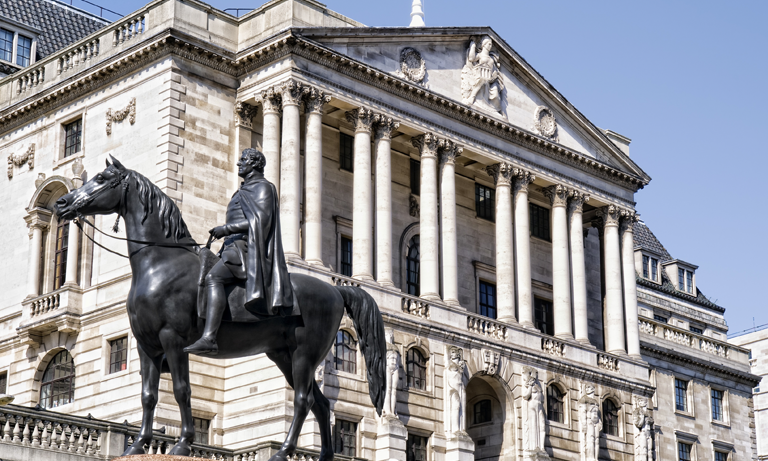 Not only has the economic data been robust but the rising inflation suggests to some that the bank were wrong to ease policy so swiftly
Not only has the economic data been robust but the rising inflation suggests to some that the bank were wrong to ease policy so swiftlyBritish labour costs have risen at the fastest annual rate since late 2013 in the three months after the country voted to leave the EU, according to data from the Office of National Statistics (ONS). A 2.3% increase in Q3 2016 represents a 10 basis point rise from the prior quarter and could provide an unwanted headache for the Bank of England (BoE).
Andy Haldane, the Chief Economist at BoE confessed recently that the Central Bank were wrong to predict a sharp downturn in the aftermath of June’s shock Brexit vote after a survey of the UK services sector came in at a 17-month high to complete a hat trick of strong PMI readings this week.
Not only has the economic data been robust but the rising inflation suggests to some that the bank were wrong to ease policy so swiftly. The implementation of a looser monetary policy is commonly believed to support the economy but this can cultivate greater inflationary pressures.
The decision from the rate-setting body of the Bank to cut interest rates and relaunch the QE programme in August – largely due to a sharp contraction in the very same industry surveys which suggested the economy was in rude health this week – has been roundly condemned and the increasing levels of inflation in the economy could lead the bank to consider reversing its stance on monetary policy.
Governor Carney has spoken of a limited tolerance for above target inflation and with the increase in labour costs announced coming in higher than the 2% inflation threshold set by the BoE, there is some suggestion this could lend support to the case of some monetary tightening.
However this criticism is short-sighted and reactionary in nature with very few in the world of finance openly skeptical at the time of the policy change in the late Summer.
The stabilisation seen in the economy following the initial seismic shock could well be due in part to the actions of BoE members and had they adopted a wait-and-see approach then the current environment could conceivably be far less favourable for business.
Hindsight is a wonderful thing and with the benefit of this maybe there is a case to be made for the bank overreacting. However, with the economic environment for the UK outside the EU as much of an unknown now as it was back then a contractionary shift in monetary policy now would be a mistake.
The central bank’s swift and decisive action likely played an important role in not only calming the financial markets in the wake of the Brexit vote, but also provided support for the wider economy.
In the grand scheme of things it was surely better for the BoE to have provided too much stimulus in an attempt to proactively support the economy following a historically unprecedented shock, rather than to just sit on its hands and hope for the best.
Join Over 40,000 Recruiters. Get our latest articles weekly, all FREE – SEND ME ARTICLES
Recruiters love this COMPLETE set of Accredited Recruitment & HR Training – View Training Brochure








